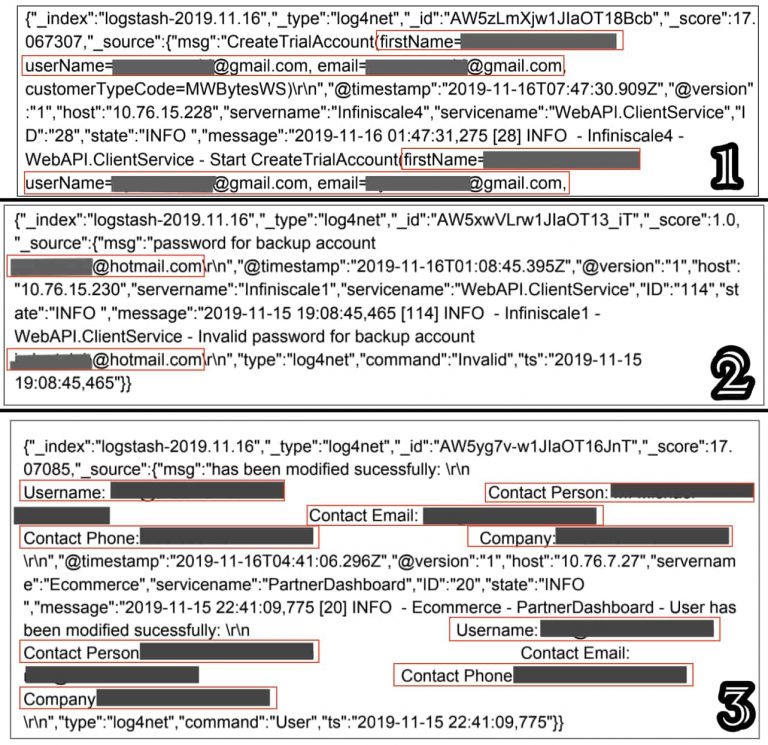Although supposedly “unhackeable” products and solutions constantly appear in the market, cyber security consulting experts and even cybercriminals are responsible for demonstrating that there is no such thing. This is what happened to a cloud backup service provider, marketed as “the most secure in the world”, which has leaked a considerable amount of information from its individual and corporate customers, right at the commemoration of World Security Backup Day.
SOS Online Backup, headquartered in California, US, is a cloud services company with presence on the five continents. According to reports from vpnMentor researchers, the company’s staff accidentally exposed online the personal records of more than 135 million of its users.
Cyber security consulting specialists discovered more than 70 GB of company-operated data, including details such as:
- Full names
- Usernames
- Email addresses
- Phone numbers
- Internal business customer details

SOURCE: vpnMentor
Specialists find the company’s stance on the incident particularly disturbing. Although the information leak was detected in November 2019, the company never responded to alerts sent by cyber security consulting experts; access to compromised information was also not disabled after its discovery. The experts sent two subsequent alerts in December 2019, which were also not answered.
Finally, the database was secured by SOS Online Backup during the last days of 2019. It is not known whether any unauthorized users accessed the information before access was disabled.
Among the undesirable scenarios, the worst is that this information ends up for sale in some hacking forum hosted on dark web, mentioned the researchers of the International Institute of Cyber Security (IICS).
On the possible causes of the incident, it most likely occurred due to misconfiguration of security. Cybersecurity specialist Raif Mehmet predicts that these errors will continue to be present as long as companies ignore the implementation of appropriate IT security policies. Configuration errors have been, without, and will continue to be the main causes of these incidents.

He is a well-known expert in mobile security and malware analysis. He studied Computer Science at NYU and started working as a cyber security analyst in 2003. He is actively working as an anti-malware expert. He also worked for security companies like Kaspersky Lab. His everyday job includes researching about new malware and cyber security incidents. Also he has deep level of knowledge in mobile security and mobile vulnerabilities.











